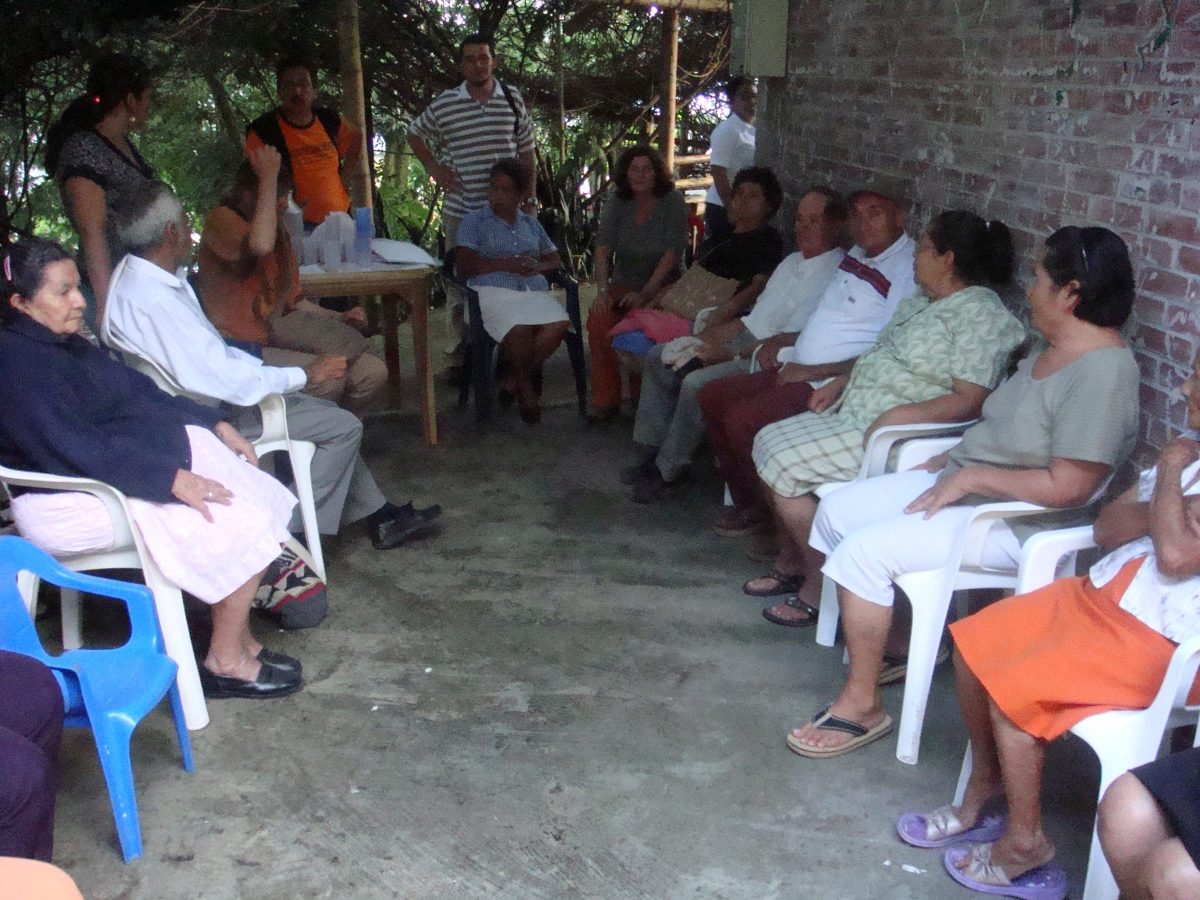Fundamental rights for Displaced People in Tolima, Colombia

February 28, 2010
Training in empowerment and individual rights will be provided to the displaced persons within the communities of Álamos and Dos de Juni, Colombia. These activities are designed to make them aware of their fundamental rights to health, education, water, sanitation, and income generation. With this training, individuals will be equipped with the ability and knowledge to claim these rights through the correct legal mechanisms.
Colombia has the second highest displaced population in the world. A significant problem is the lack of information for the displaced population about the specific legislation existing dealing with displacement. This means that the displaced do not know the humanitarian aid that the State has the obligation to provide. A further complication is the lack of knowledge among government staff themselves who get confused and who frequently send the displaced from one office to another, demanding papers and documents, forms to be filled in and information provided in ways which the displaced are not familiar with. These factors combine to create significant barriers and complications to service provision, instead of the information and attention that the displaced really need.
Across the year, twelve workshops benefit 1,561 displaced individuals by making them aware of their rights and giving them the ability to act together to access better services; in the area of education, health, water, sanitation, work and income generation. Specifically targeted are women, young people, children, older people and those with special needs. Educational events will also target government staff and host community decision makers making them more receptive to the needs and rights of the displaced.
Additional information
One positive aspect of the context in Colombia is the clear Constitution that details the rights to which citizens are entitled. As defined in Article 366 of the 1991 Constitution, these rights include access for all to clean drinking water, adequate sanitation, health services, and education. The legal framework also details the means by which citizens can claim these rights from government service providers.
Established in 1976, Concern Universal is a UK registered international development agency with ten country programmes, plus cross border initiatives extending to a total of 12 countries in Africa, Asia and Latin America. Its’ vision is of a world where justice, dignity and respect prevail for all. Concern Universal works in partnership with local groups to challenge poverty and inequality, supporting practical actions that enable people to improve their own lives and shape their future.
Results
Despite the continuing violence and growing poverty during the project’s time frame, Concern Universal has been able to educate families about their fundamental rights and legal processes for dealing with government authorities. 330 families have directly benefited. 14 of these families have been able to gain access to health and education services.One family was able to access medical tests and another family gained access to preventative medical services.
All the children and young people within the targeted community are now attending primary and secondary education and do not have to pay fees. Illiterate women, through the use of legal support, are now receiving primary education.
Other services secured by families include the lowering of water bills in compliance with official requirements as well as the improvement of drainage and the pavement of roads. Health teams also came to the project sites. Families received essential medicine, dental treatment and vaccinations for free.
Case Study
Eva Bonilla was displaced due to armed conflicts in Colombia. She was unaware of any rights that she was entitled to so she began illegally living on common land. Concern Universal helped Eva learn about her rights and mechanisms to actively use them. Eva’s new skills have helped her to become the legal representative of her local women’s association. Together with a group of women from the association, Eva was able to start a small business that earns profits and keeps the women working.